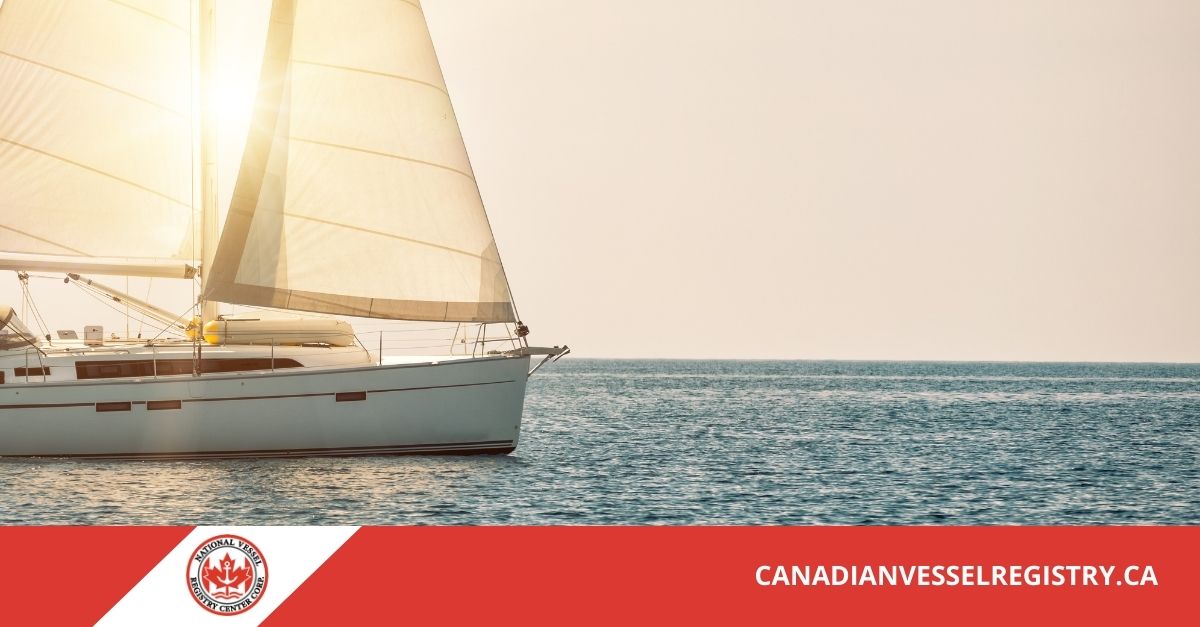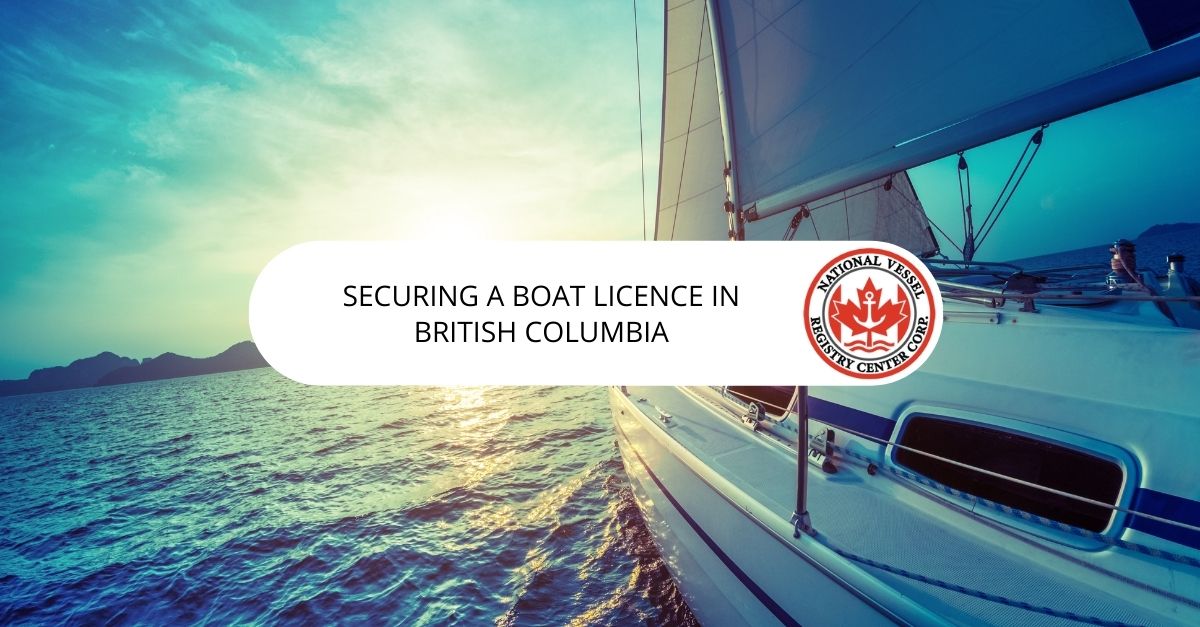It’s easy to see why boating in British Columbia is a favored pastime. British Columbia, commonly called BC, is one of the 10 Canadian provinces and three territories that make up the country of Canada. The “Columbia” in British Columbia refers to the Columbia River, flowing from the Rockies into the U.S. state of Washington. So, BC is a natural venue for boating enthusiasts.
Prior to embarking on a boating adventure in BC, you need to get acquainted with Canada’s boating laws in BC and what you need to do to get a Boat Licence in British Columbia.
Licensing Requirements
For owners of pleasure crafts equipped with a 10-horsepower (7.5 kW) motor, licensing is mandatory. In exchange, you’ll be given a number that must be visibly displayed on either side of the vessel’s bow, above the water line, using paint or durable vinyl decal cut-outs.
Use either Arabic or Roman numerals with a minimum height of 4 inches and arrange them for easy readability. Additionally, ensure your documentation and assigned number are always present onboard your watercraft.
Boat Licensing in BC and Pleasure Craft Laws in Canada
Boat licensing and pleasure craft regulations governed by Transport Canada contribute significantly to promoting safe boating throughout the country. Below are some reasons that highlight the importance of adhering to these regulations when operating a boat in Canadian waters:
Safety: Again, licensing aims to encourage safety on the water. By maintaining a valid licence, boaters help ensure their safety as well as others’ during emergencies. Licence holders also receive an identification number that assists search-and-rescue teams in locating a lost or stolen boat, or involved party during an incident.
Environmental Protection: Complying with boating regulations helps preserve Canada’s delicate aquatic ecosystems. Licensed boaters are expected to follow best practices for protecting species and maintaining cleanliness in wildlife areas.
Legal Compliance: Operating a boat without proper licensing can lead to fines or other penalties. Having the appropriate licence demonstrates a commitment to abiding by Canadian law while taking part in water sports.
Acquiring a Pleasure Craft Operator Card (PCOC)
Frequently, boat licences and pleasure craft operator cards (PCOCs) are mistaken for each other. However, they serve different purposes. A PCOC proves that you’ve successfully completed the necessary and approved coursework to operate your pleasure craft. The card has no expiration date.
Conversely, a boat licence is more akin to an automobile’s licence plate. You can obtain one online through the Canadian Vessel Registry by presenting proof of ownership, such as a bill of sale. Licences must be renewed every decade.
Boat Registration vs Licensing
If you intend to traverse international waters, you’ll need to register your boat, which grants easier access to marinas and sought-after docking locations. It also allows you to christen your boat, display the port of entry, and fly the Canadian flag.
Similar to licensing, registration requires owning a boat with at least a 10-horsepower (7.5 kW) motor. If you plan on financing your vessel, boat registration is obligatory. Regardless of whether you register or apply for a licence, this process serves to identify your boat and its owner in cases of accidents, thefts, or similar events.

Apply for Boat Licensing Today
Pleasure craft owners needing a boat licence in British Columbia can conveniently apply for their licence number through the Canadian Vessel Registry. Unlicensed or unregistered boats risk being fined $250. Hence, it’s essential to prioritize obtaining a licence or registration to stay compliant and safeguard yourself while boating.
Whether you need a boat licence or are registering your boat in BC or elsewhere in Canada, familiarizing yourself with the local law is necessary. Then apply for your licence or registration at the Canadian Vessel Registry website. Know what taxes you may owe and what your locale requires for people who own boats.

